Upper Valley Summer Meals Evaluation Report
 During the summer of 2017, the Public Health Council commissioned an evaluation of several summer meals programs operating in the Upper Valley region. Today, March 1, 2018, we are pleased to release the final report of the program evaluation: “Evaluation of 2017 Summer Food Programs in the Upper Valley Region.” The evaluation sought to understand and describe how some of the meals programs in the Upper Valley operate. We wanted to understand the programs’ benefits and challenges. We also wanted to provide recommendations that might improve program outcomes and impact. Furthermore, the evaluation was descriptive in nature and did not attempt to demonstrate the effectiveness of the programs.
During the summer of 2017, the Public Health Council commissioned an evaluation of several summer meals programs operating in the Upper Valley region. Today, March 1, 2018, we are pleased to release the final report of the program evaluation: “Evaluation of 2017 Summer Food Programs in the Upper Valley Region.” The evaluation sought to understand and describe how some of the meals programs in the Upper Valley operate. We wanted to understand the programs’ benefits and challenges. We also wanted to provide recommendations that might improve program outcomes and impact. Furthermore, the evaluation was descriptive in nature and did not attempt to demonstrate the effectiveness of the programs.
Four Programs Participated in the Evaluation
The four programs included in this evaluation are: Hartford’s Take a Bite Out of Hunger, Windsor Summer Meals, Lebanon Lunch Friends, and Mascoma Seamless Summer Option. Evaluation was primarily qualitative in nature, but it also recorded the number of individuals served through the programs for the period June to August 2017. For example, the total number of meals served by the 4 programs was:
- Hartford Take a Bite Out of Hunger: 10,643
- Windsor Summer Meals: 1,076
- Lebanon Lunch Friends: 6,770
- Mascoma Seamless Summer Option: Breakfast — 3,360 and Lunch — 4,763
The PHC contracted with Jabeen Ahmad, MPH, to conduct the evaluation. She visited meal sites, spoke to staff, volunteers, and parents to understand how the programs worked and how they were received by the participants. Overall, both staff and parents perceive the programs to be beneficial in providing free and nutritious food to the communities they serve. There is interest in continuing and expanding the programs. However, there are also challenges to effective program utilization and some of those include:
- low community awareness of programs;
- transportation to and from programs;
- low participation of community children who are not part of a summer school or camp program;
- resistance from teens to participation;
- lack of flexibility with federal (USDA) programs, especially regarding taking meals off site and menu options;
- stand-alone meal program is not as appealing to children/families; and
- providing meals to children only and not adults.
Ms. Ahmad reported some of the recommendations to increase program viability and success include:
- Work more closely with community representatives, especially for site selection, expansion, and outreach efforts;
- Increase communication and coordination among program sponsors, sites and community stakeholders; and
- Communicate with state leaders about barriers created by federal regulations.
Working Together to Strengthen Summer Meals Programs
As these and other summer meals programs begin to plan for the summer of 2018, we hope this report will prove useful. Therefore, the PHC will share the report with the summer meals program planners in our region and others interested in food insecurity. We will also provide the report to policymakers so they may better understand the strengths and challenges of the federal programs that support most of these meal programs.
Finally, the PHC thanks the many program staff, volunteers, and parents who shared their information and feedback with Ms. Ahmad. We also thank the following people for helping to shape the evaluation and their input into the final report Nancy Bergin DuMont, Director, Department of Community Health, Alice Peck Day Memorial Hospital; Alice R. Ely, MPH, Executive Director, Public Health Council of the Upper Valley; Barbara Farnsworth, Manager, Community Health Improvement, Dartmouth Hitchcock Medical Center; Debra S. Ford, Business Administrator, Mascoma Valley Regional School District; and Jill Lord, RN, MS, Director of Community Health, Mt. Ascutney Hospital and Health Center.




What policy makers can we talk to about changes? Are they at the State or federal level?
Thank you for your question. Most of the regulatory challenges happen at the federal level. It is our federal delegation that needs to understand the limits of these programs.